Last updated on December 9th, 2022 at 04:45 am
There is always something poetic about deathbeds. They signal the end of life, the brink of an inevitable loss, and a transition to the hereafter. But more often than not, the poetic appeal of deathbeds depends on their character and the quality of their life.
We want to hear their last words and see through their poignant eyes as they grope at their lifetime’s high and low points.
Public figures and icons can’t have thousands of admirers by their deathbeds. Especially not for persons whose impact transcends centuries and generations of admirers.
Last words offer the most genuine iteration of deathbed experiences, and in this article, we share 20 famous last words.
Let’s dive in!
“Pardon me, sir, for I did it not on purpose.” – Marie Antoinette
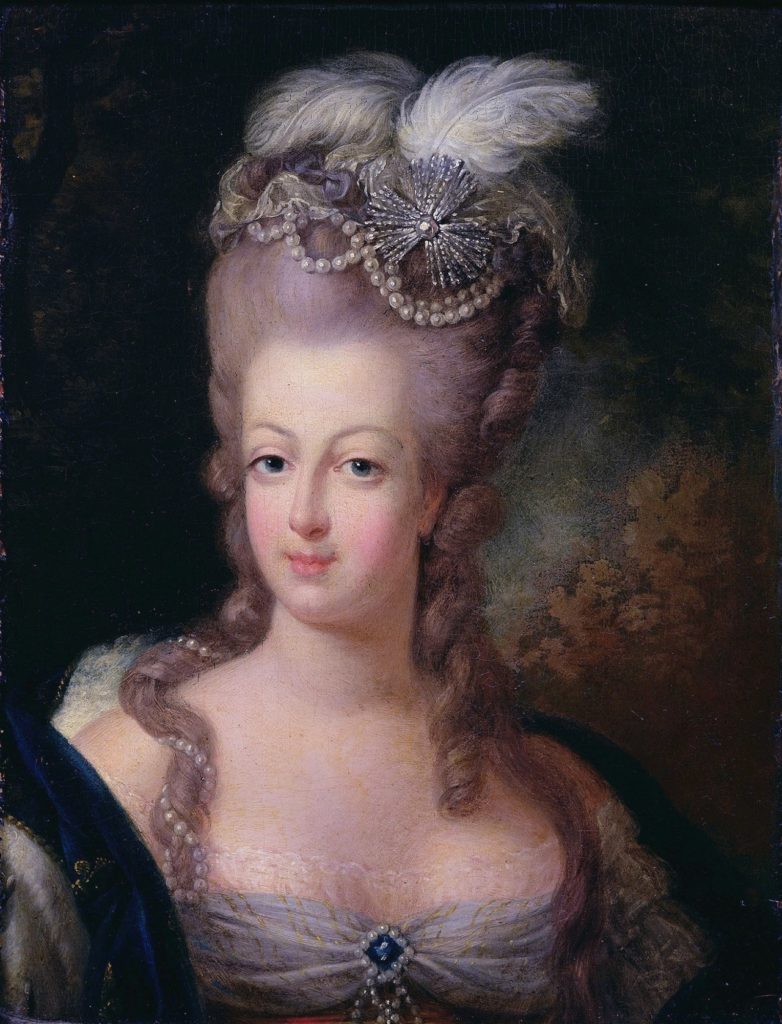
Marie Antoniette is an Austrian Archduchess who married into the French Royal family and rose to fame partly due to her extravagant life and unpleasant attitude.
The Austrian Woman, as she was popularly known, was a Royal who went out of the public’s favor and grew to become a prominent figure in the French Revolution.
She was arrested once, attempted escape, and imprisoned, but later convicted of high treason, leading to her death. Sources claim that her last words were not to atone for her crime but to apologize to the executioner for stepping on his feet.
This is captured in a 2016 Biography titled “Marie Antoinette,” where the deposed French Lady apologized to the executioner on her scaffold in 1793. The biography recorded that she accidentally stepped on the executioner’s foot while on her way to the guillotine.
“Love one another.” – George Harrison
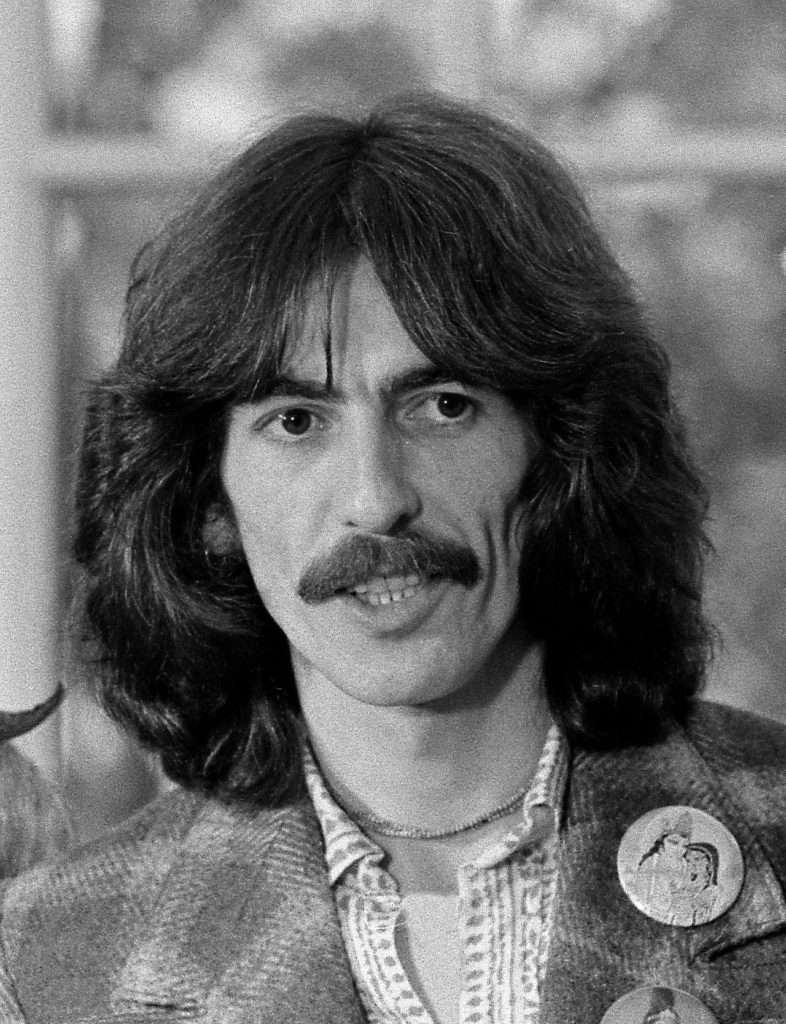
George Harrison’s last words were recorded by his wife and son, to whom he left his last words after succumbing to lung cancer in 2001.
“They couldn’t hit an elephant at this distance.” – John Sedgwick
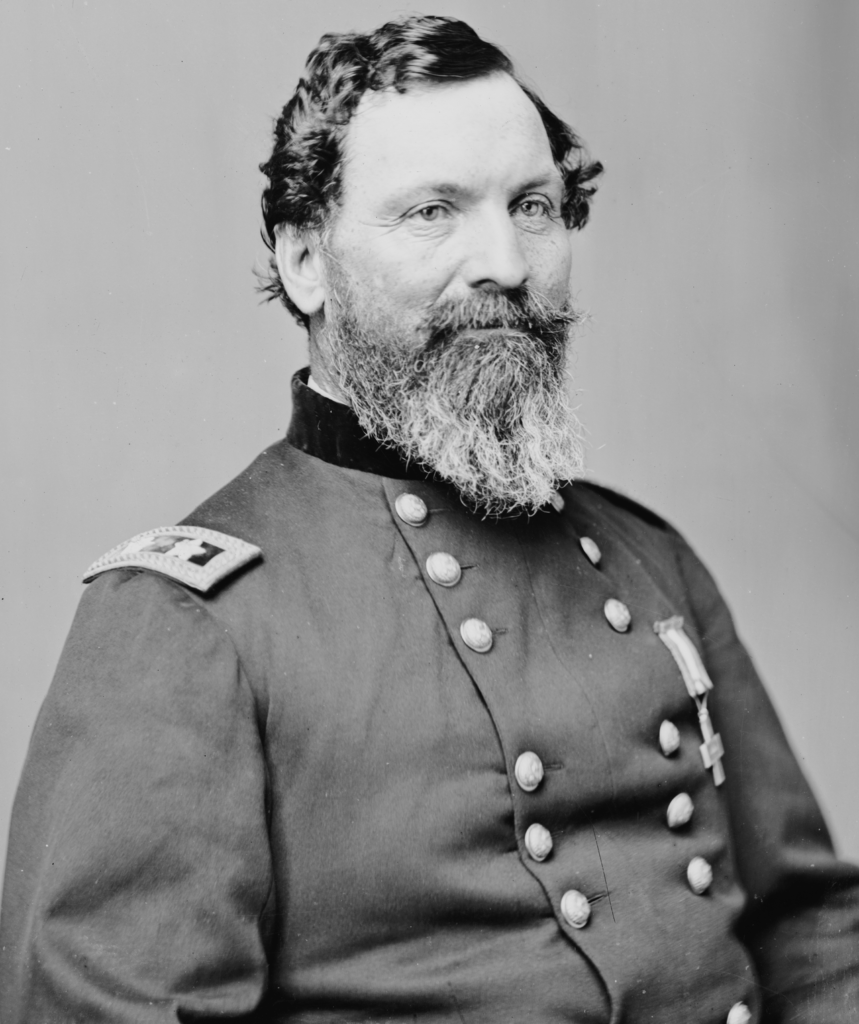
John Sedgwick is famous for the sad irony of his last comment. He was a Civil War general who died at battle when a Confederate bullet hit him.
Records show that before he fell to his death, Sedgwick was found questioning his men and asking why they flinched and ducked for cover at the Battle of Spotsylvania.
He asked why they were dodging and added his last words, “they couldn’t hit an elephant at this distance.” The unpleasant irony is in how his death seemed to answer his very last question.
“Thomas Jefferson still survives.” – John Adams
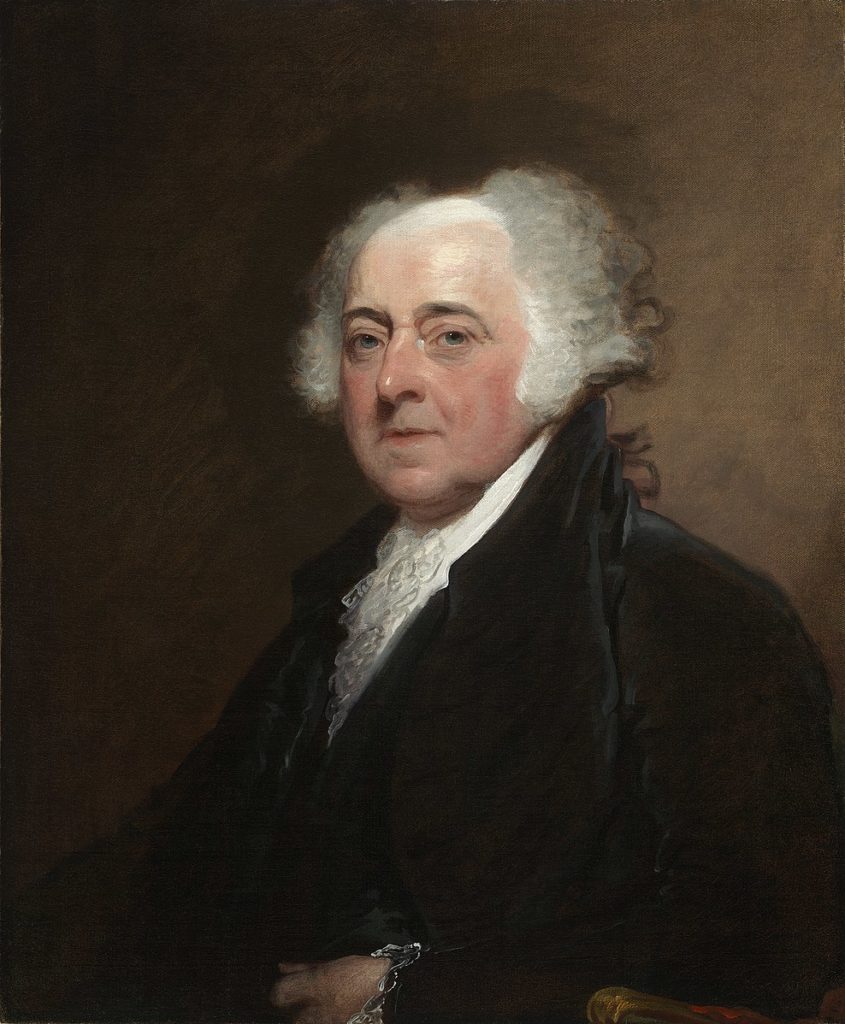
In his last words, John Adams, the second US President, referred to his successor and third US leader, Thomas Jefferson. Before their demise, they were part of the last surviving signatories of the United States Declaration of Independence.
They died on the same day, exactly 50 years later, on July 4, 1826, which marks the Independence Day anniversary.
John Adams and Thomas Jefferson were political rivals for most of their lifetime until mutual respect bonded them into two happy friends in old age.
Sources admit that John Adams’ last words are tricky to pick out; however, “Thomas Jefferson still survives” sounds somewhat like it. Little did Adams know that Jefferson had died that morning and hadn’t survived him.
“France, army, the head of army, Josephine” – Napoleon Bonaparte
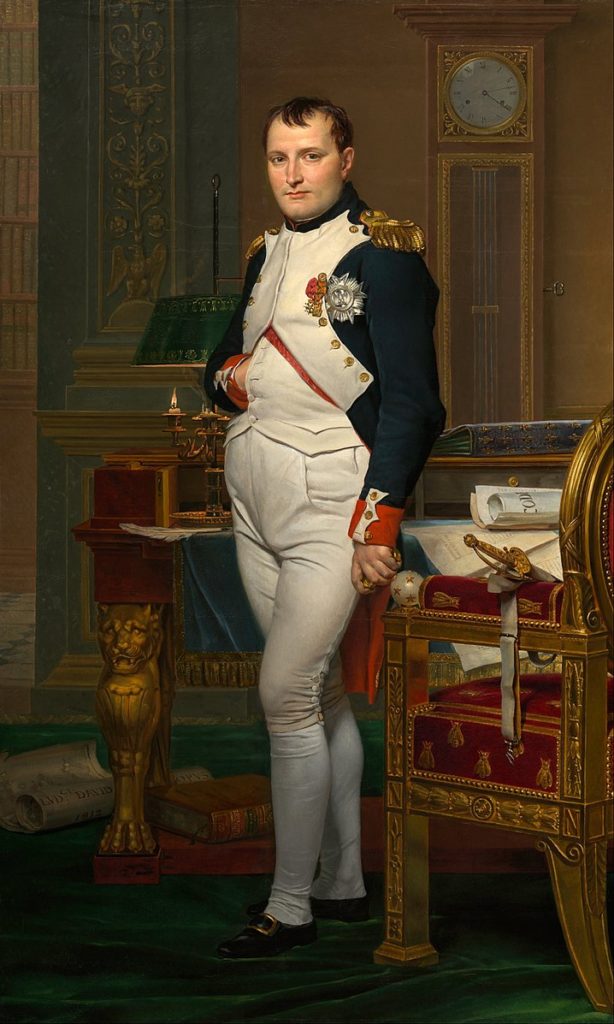
While reflecting on his personal life and career at the cusp of dying in exile, Napoleon Bonaparte listed as follows: France, army, the head of army, Josephine. This list sums up the nucleus of his existence, devotion to France, his army, and his lover and ex-wife, Josephine.
“One last drink, please.” – Jack Daniel

Jack Daniel is a principal player in the history of American liquor, so it’s somewhat unsurprising his last words relate to liquor. The circumstances of Jack’s death aren’t precise, but reports show that the great distiller suffered from an infection and died. He was said to have kicked his safe in frustration when he couldn’t remember the code.
Records show that the infection started from his toes and spread to his entire body, and in his last breath, sources presume he needed to signal his end. For Jack Daniel, whiskey was a longtime companion and a death wish.
“Of course, I know who you are. You’re my girl. I love you.” – John Wayne
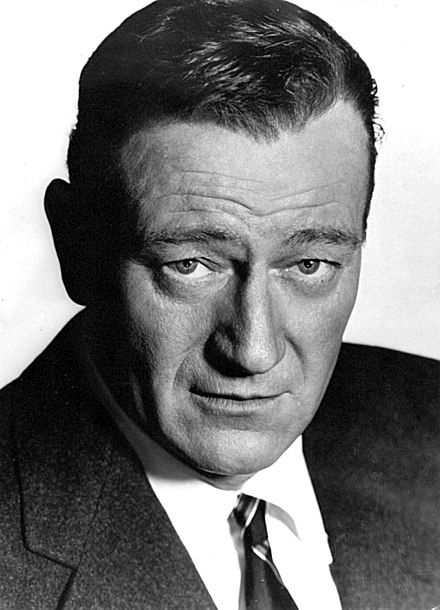
John Wayne was an influential American icon whose final words are deemed the most touching of last words in history. After long years of struggle, Wayne died of stomach cancer in June 1979. But before his departure, he left his daughter, Aissa, with a touching last message.
Bouts of unconsciousness marked the days leading up to Wayne’s death. Devasted, Aissa asked her ailing father, “Do you know who I am?.” He answered beautifully before his final breath, “Of course, I know who you are. You’re my girl. I love you.”
“So this is death. Well!.” – Thomas Carlyle
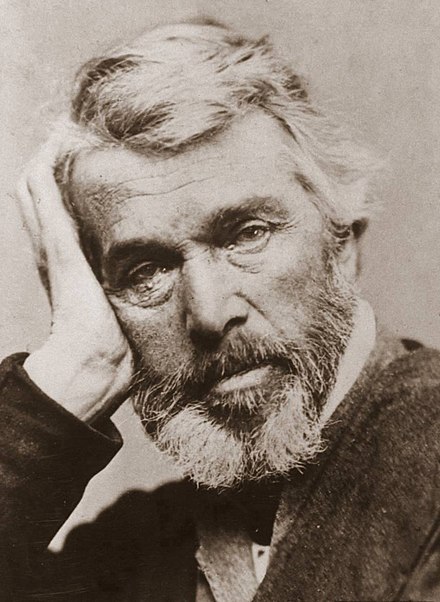
Thomas Carlyle is a Scottish philosopher and scholar who called economics a dismal science. Known for his versatility, he was famous as a historian, mathematician, and essayist.
He lived a fulfilling life and died at age 85 in 1881. From his last words, you can guess Thomas had anticipated death and was ready to face it.
“Let’s cool it, brothers. Brothers, brothers, please. This is a house of peace.” – Malcolm X
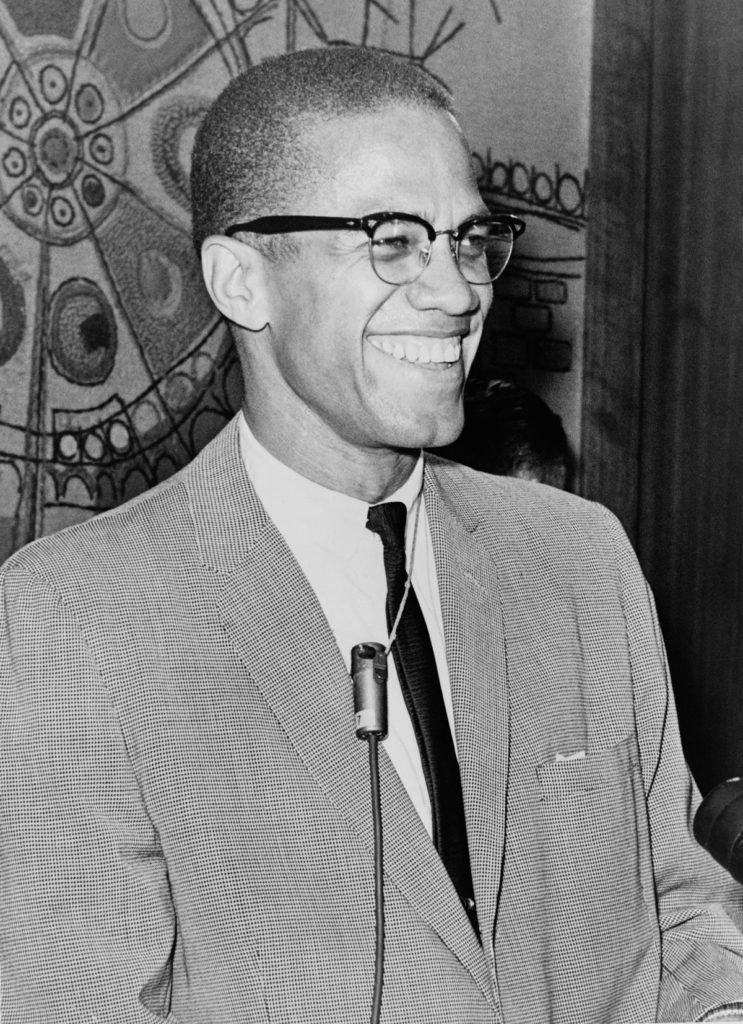
Though not the exact words, this phrase is credited to Malcolm X as the last words he said a few seconds before he was gunned down.
Malcolm X was a highly influential civil rights leader who was, on February 1965, assassinated by an Islamic sect called the Nation of Islam Movement – a group of which he had been a long-serving member.
Sources report that before his killing, he had just returned from a Muslim pilgrimage to Mecca after a series of campaigns and agitations for equality. This explains why he called for people in his last moments – and quite metaphorical too. The same message but in a much different context.
“Goodnight, my darlings. I’ll see you tomorrow.” – Noel Coward
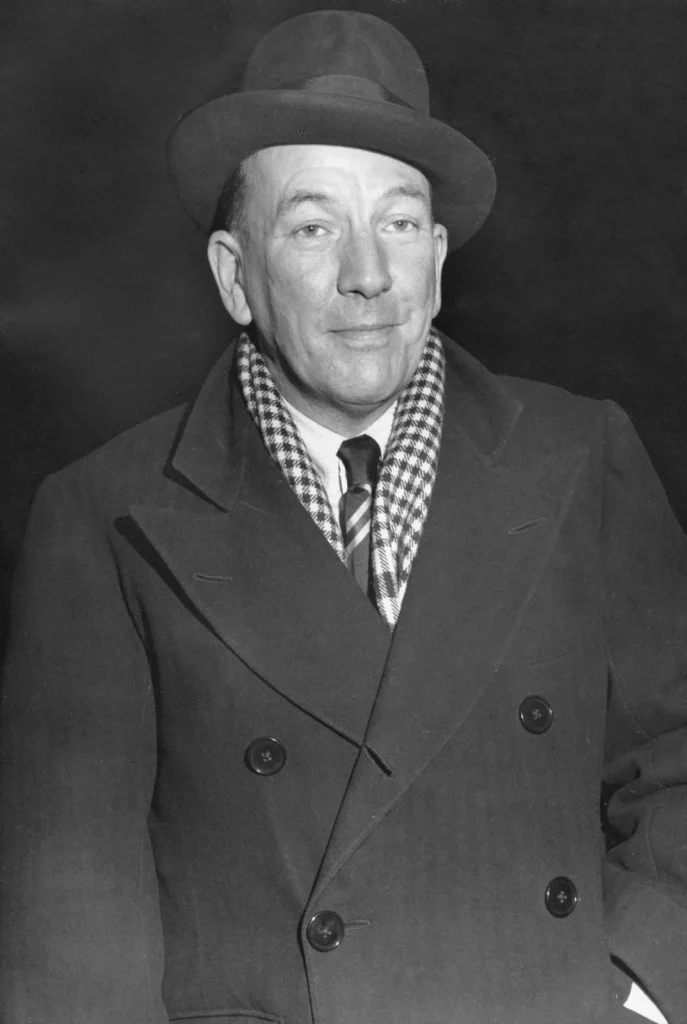
On the evening of March 22, 1973, in his Firefly Estate, the famous playwright bade his longtime friends and partner goodnight and immediately died of heart failure. It is said that the metaphor of Noel’s last words continues to endear him more to his fans.
“I’m bored with it all.” – Winston Churchill
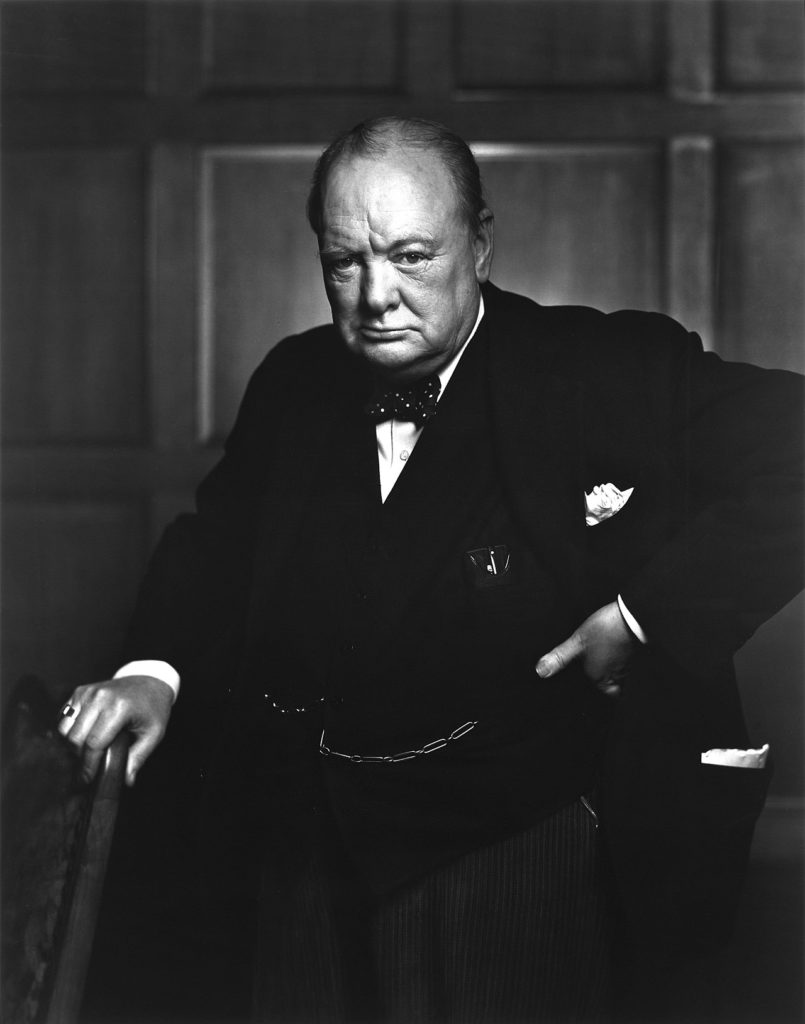
Winston Churchill was Great Britain’s Prime Minister during World War 2 and was primarily famous for his never-say-die philosophy and soul-lifting speeches.
For such an icon, one would expect a rousing parting speech, but instead, the British leader expressed his boredom about everything. Some sources reported that he was addressing Christopher Soames, his son-in-law, after rejecting the champagne the former offered him.
After these words, Churchill slipped into a long bout of unconsciousness induced by a stroke and never woke from it. He died at age 90 but had shared his views about death 15 years earlier when he stated that he was ready to meet his maker and philosophized on whether his maker was prepared to meet him.
“This is a hell of a way to die!” – George Patton
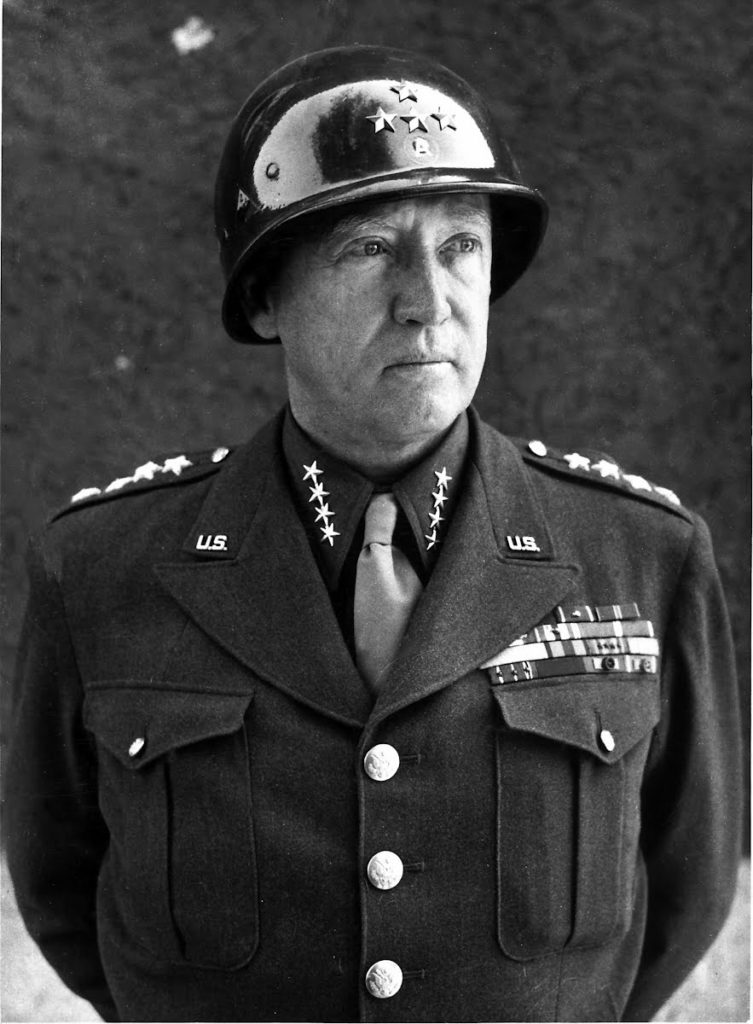
George Patton was a General of the United States Army who played a significant role in defeating the Nazis in Europe. In December 1945, he suffered a fatal car crash that got him paralyzed. He later lost his life to complications and injuries from the crash in the same month.
“I want nothing, but death” – Jane Austen
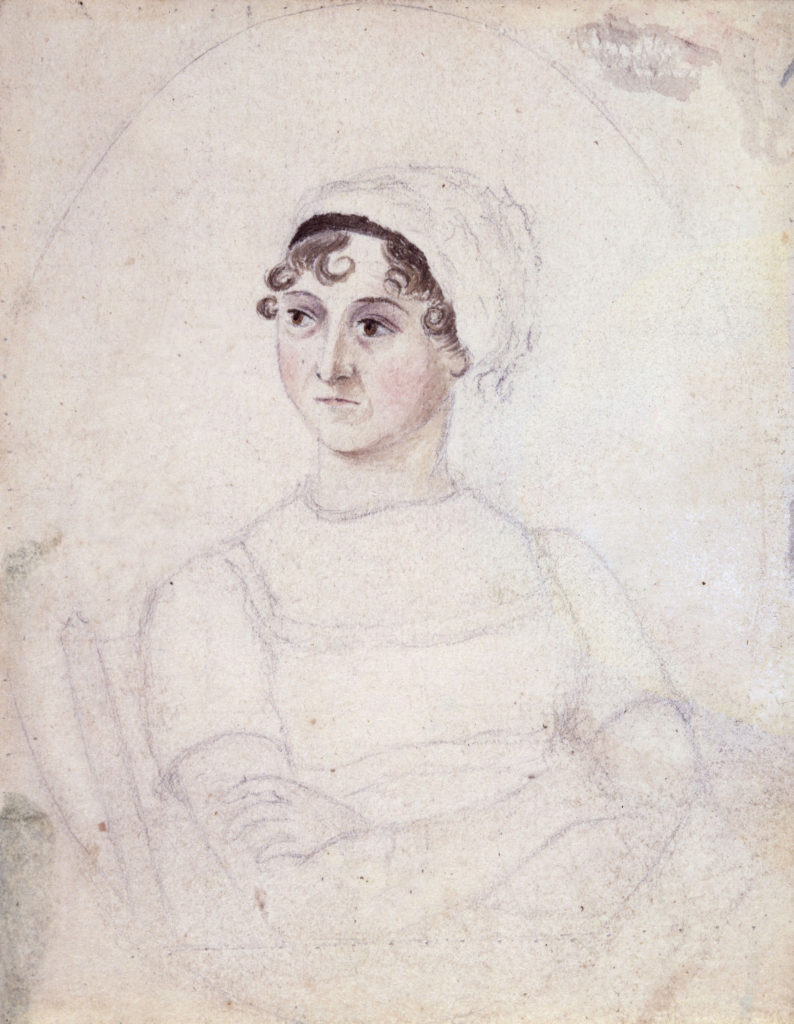
Jane Austen was a highly decorated novelist who died in 1817. The cause of her death is quite unclear, but records show that in her last days, she struggled with an unidentified disease similar to Hodgkin’s or Addison’s. As stated by the New Oxford Book of Literary Anecdotes, her brother Henry Austen recorded her final words “I want nothing but death.”
“I only regret that I have one life to lose for my country.” – Nathan Hale
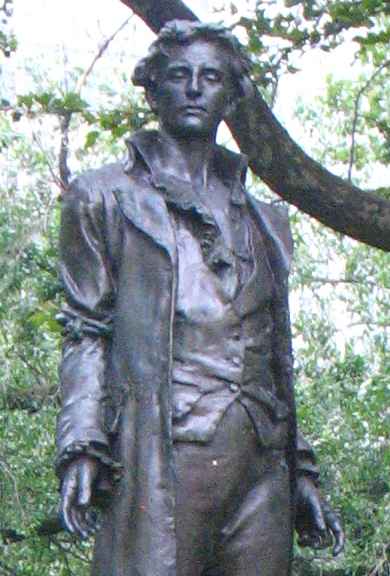
Nathan Hale was a school teacher and spy who died at 21. The British government hanged Hale after he was captured during an unsuccessful espionage mission in 1776. At the time, many believed he was quoting a line from Cato, a famous play in the 18th century.
“There is nothing proper about what you’re doing, soldier, but do try to kill me properly.” –Cicero
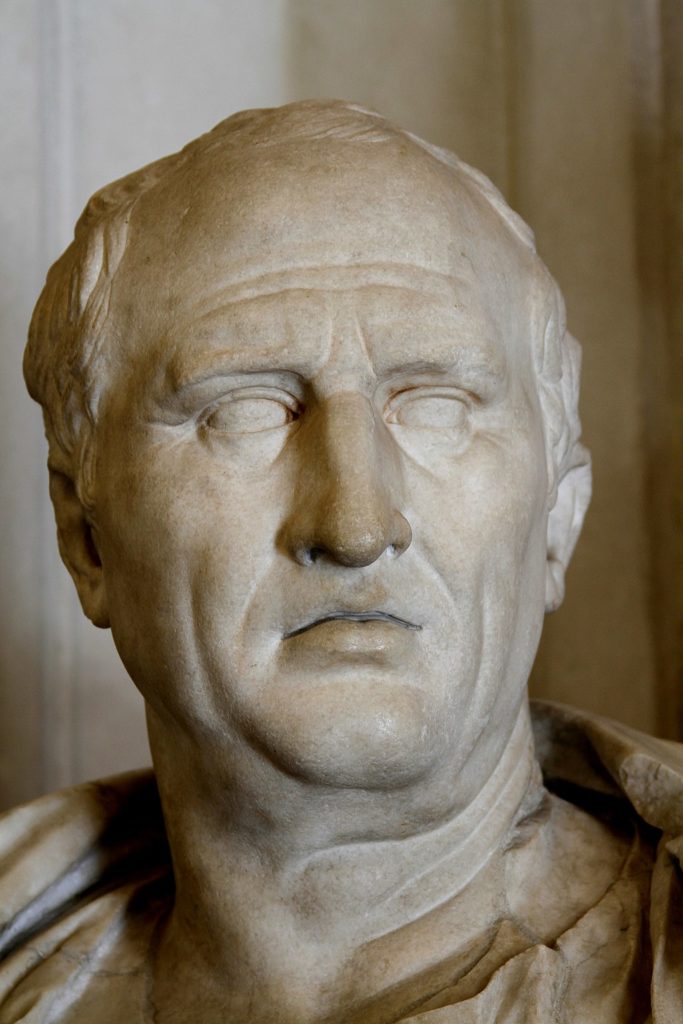
Cicero was a highly influential Roman stateman who died in 43 BCE. His death came on the heels of a hit-out attempt by Mark Anthony during the heated power struggle that greeted the death of Julius Caesar.
After his failed attempt to flee, Cicero gave in to his assassins as they confronted him. According to Forgotten Justice, Cicero stuck out his head so his killers could strike faster and get it over with. It was at this moment that he gave his last word.
“I finally get to see Marilyn again” – Joe DiMaggio
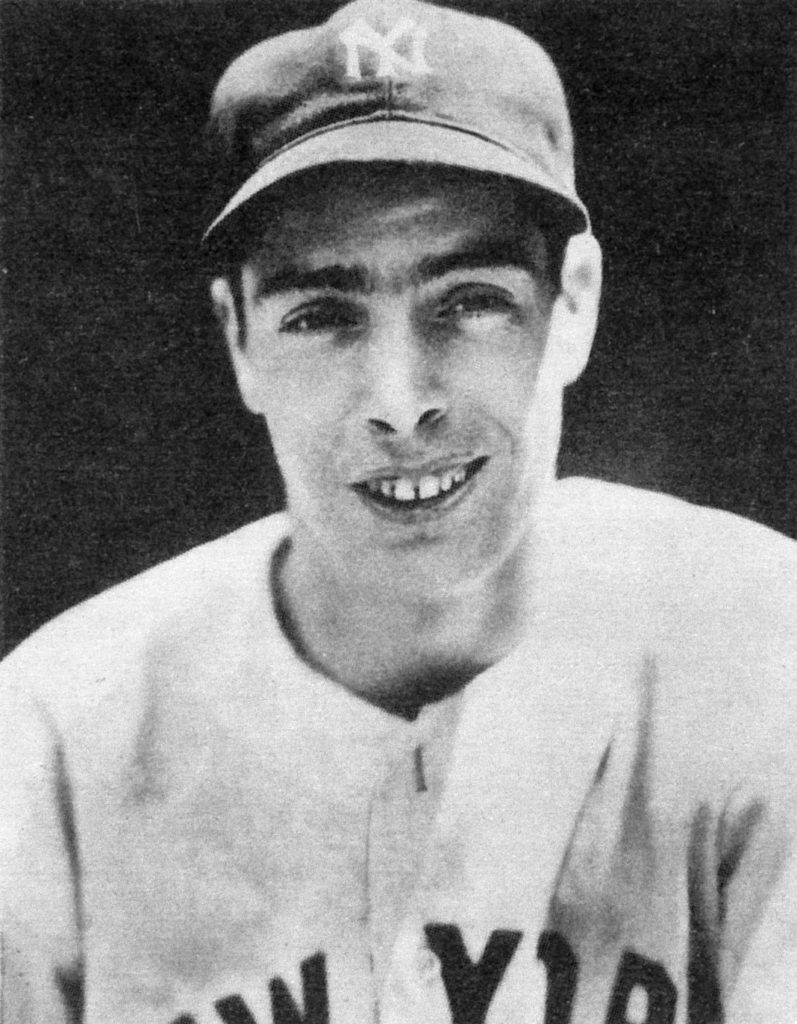
After a most fulfilling life as a famous baseball player, Joe DiMaggio finally died in 1999. But before he did, he left his final thoughts where he expressed enthused over the prospect of reuniting with Marilyn Monroe, his late ex-wife.
“Damn it! Don’t you dare ask God to help me!” – Joan Crawford
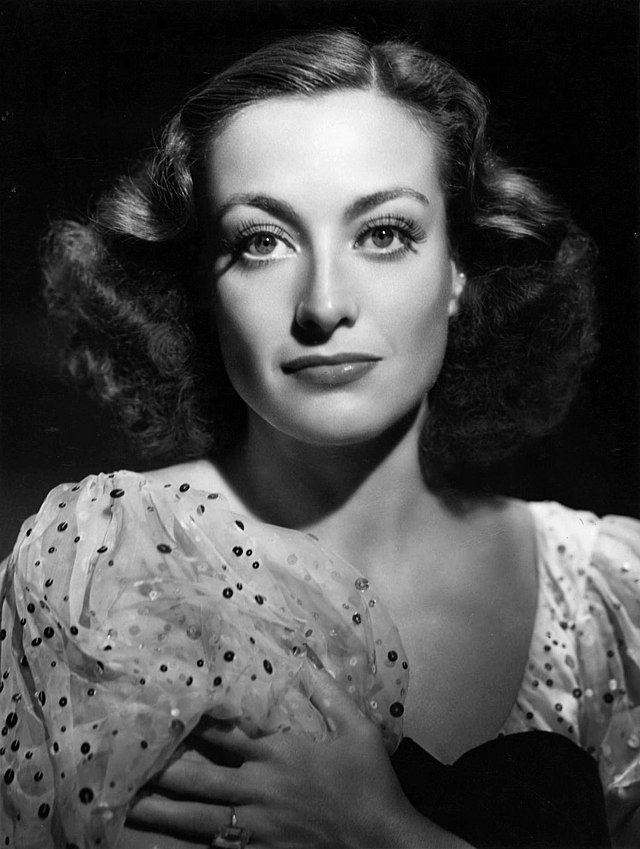
You’ll hardly find a more defiant character than Joan Crawford, whose last words aptly capture the stand she took throughout his lifetime.
Reports show that Crawford spoke these words to a maid who wanted to offer prayers on her deathbed. It appeared the renowned actress was against having religious rites performed at her last moments.
Whether Crawford was against the Christian faith in her lifetime is a conjecture that draws from rumors and half-stories. It is somewhat unclear as she was said to identify as a Christian scientist in her last years.
However, an aggregation of the various stories favors the view that the Golden Age star only wanted to transition to the afterlife without any supernatural help.
“Show my head to the people, it is well worth seeing.” – George Jacques Danton
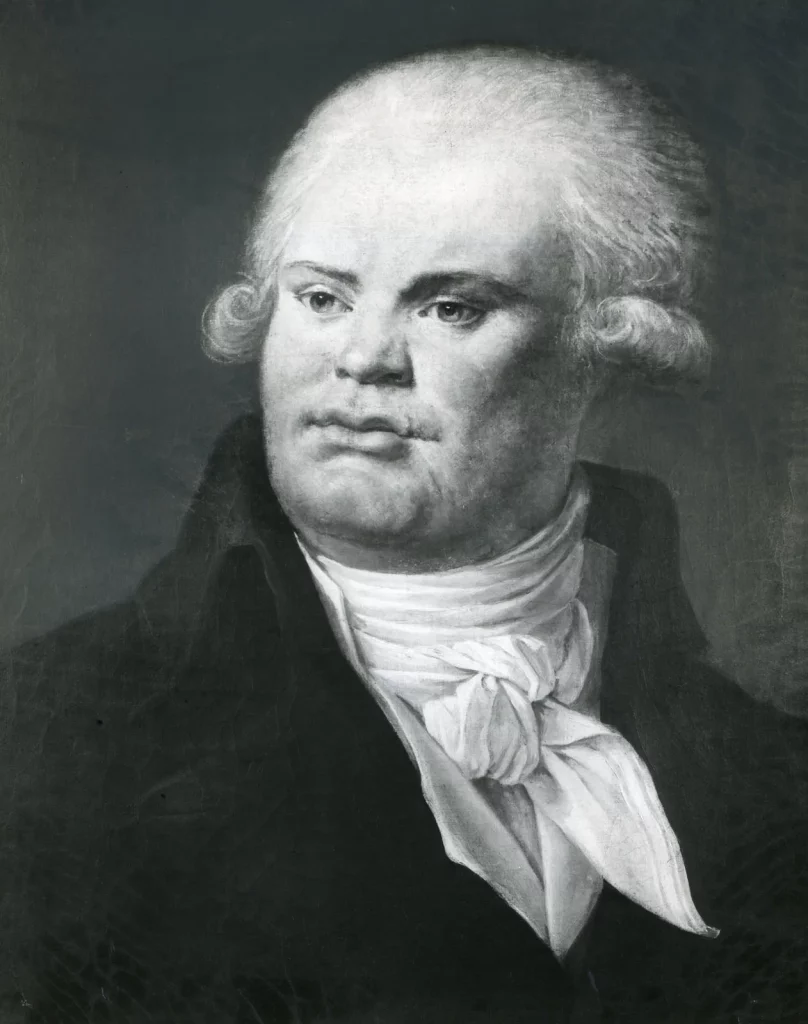
After years of struggle as a lawyer and leading figure in the French revolution, George Jacques Danton lost his life to the same bloody regime he helped build. Sources record that he was guillotined in 1794, and before the execution, George quipped at the executioner as he said his last words.
“Either that wallpaper goes, or I do.” – Oscar Wilde
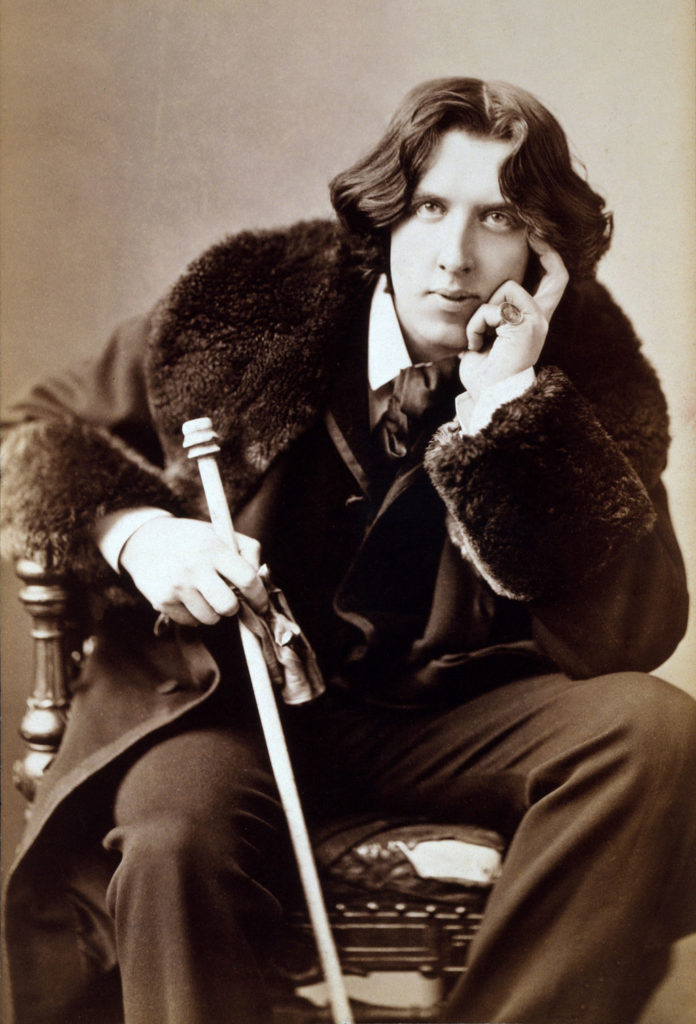
While he died in a room in Left Bank Hotel, Oscar Wilde compared his health to a wallpaper he appeared to hate. After he passed, Oscar’s final order to remove the wallpaper was followed. The hotel room was redesigned to look precisely like Oscar’s favorite rooms in his home in London.
“Last words are for fools who haven’t said enough.” – Karl Marx
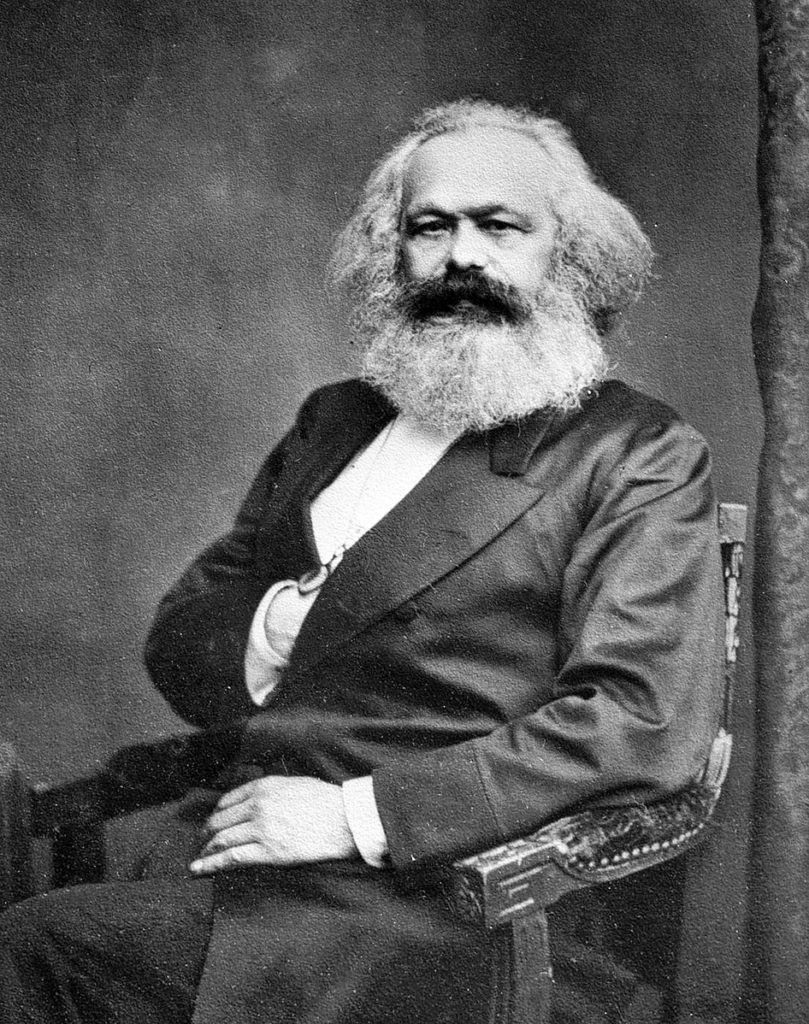
Karl Marx remains one of human history’s most influential scholars and thought leaders.
Making his mark in the 19th century, Marx spoke extensively on his “Das Kapital” and “Communist Manifesto,” two theories with profound influence on political, social, and economic thought that succeeded him.
His last words are often compared to the tenor of Joan Crawford’s parting words, especially considering they both spoke in frustration at their housekeeper. Marx retorted when asked to share his last thoughts, saying he’s said enough – and frankly speaking, he had.
Bottom Line
In the end, the real point of last words is how they hint at the ideals, values, and perspectives the speaker held dear as they breathed their last.
They present a clear prism that allows us into the minds of the public figures and icons we admire and imagine how they must have felt in the face of death. It would appear, however, that the social utility of life impacts makes their final words even more glorious and worthy of appraisal.
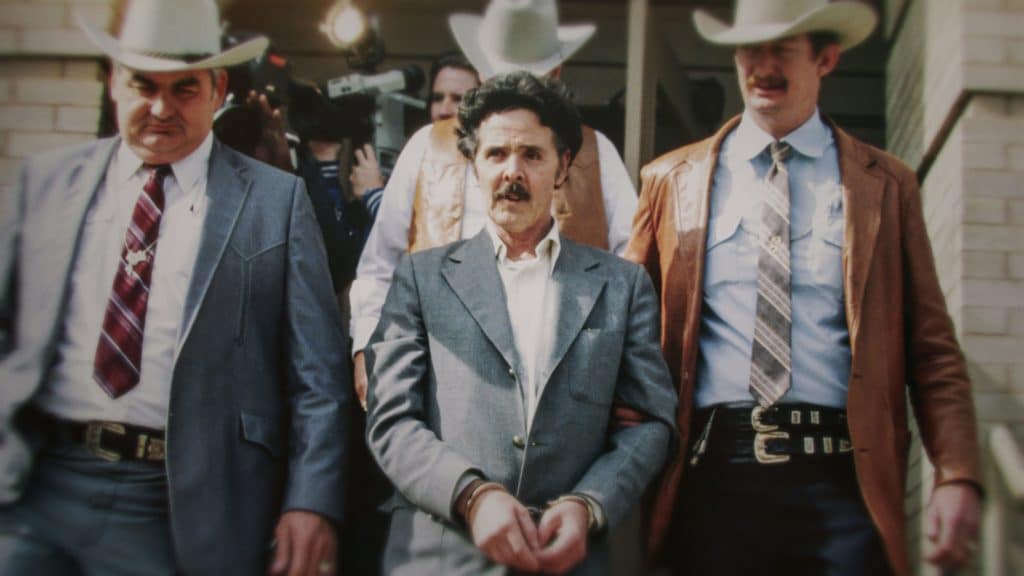

Dudley Moore’s final words were “I hear music all around me”. That’s how I want to go.